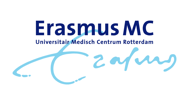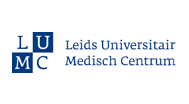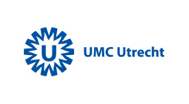Decentralised selection
The number of new students allowed to study medicine each year is restricted: 3,000 per year. The demand greatly exceeds the supply, so a numerus clausus has been set for the bachelor programme.
The number of new students allowed to study medicine each year is restricted: 3,000 per year. The demand greatly exceeds the supply, so a numerus clausus has been set for the bachelor programme.
In the past the places were awarded by a combination of lottery and selection. Students with a grade of 8+ (out of 10) for their final examination were admitted directly. In 2013 this procedure came to an end with the ‘Quality in Diversity’ Act. The central lottery was abolished, and instead every programme is allowed to determine its own selection procedure on the basis of clear quality criteria. Each programme has its own profile and a customised selection procedure that ensures a better match between the student and the programme. This regulation took effect for students starting in the academic year 2017. Most medical programmes had already organised their decentralised selection by then.
In the meantime, a motion was adopted by the House of Representatives in 2020, which would bring back a role for the lottery in the selection of students. The NFU is keeping an eye on these developments and remains in close contact with the Ministry of Education, Culture and Science (OCW), other programmes and umbrella organisations.
With most master programmes, lateral entry admission is possible but limited. Students with another pre-programme than a bachelor in medicine can enter the master’s programme in medicine after following a local admissions procedure and subsequent programme.








